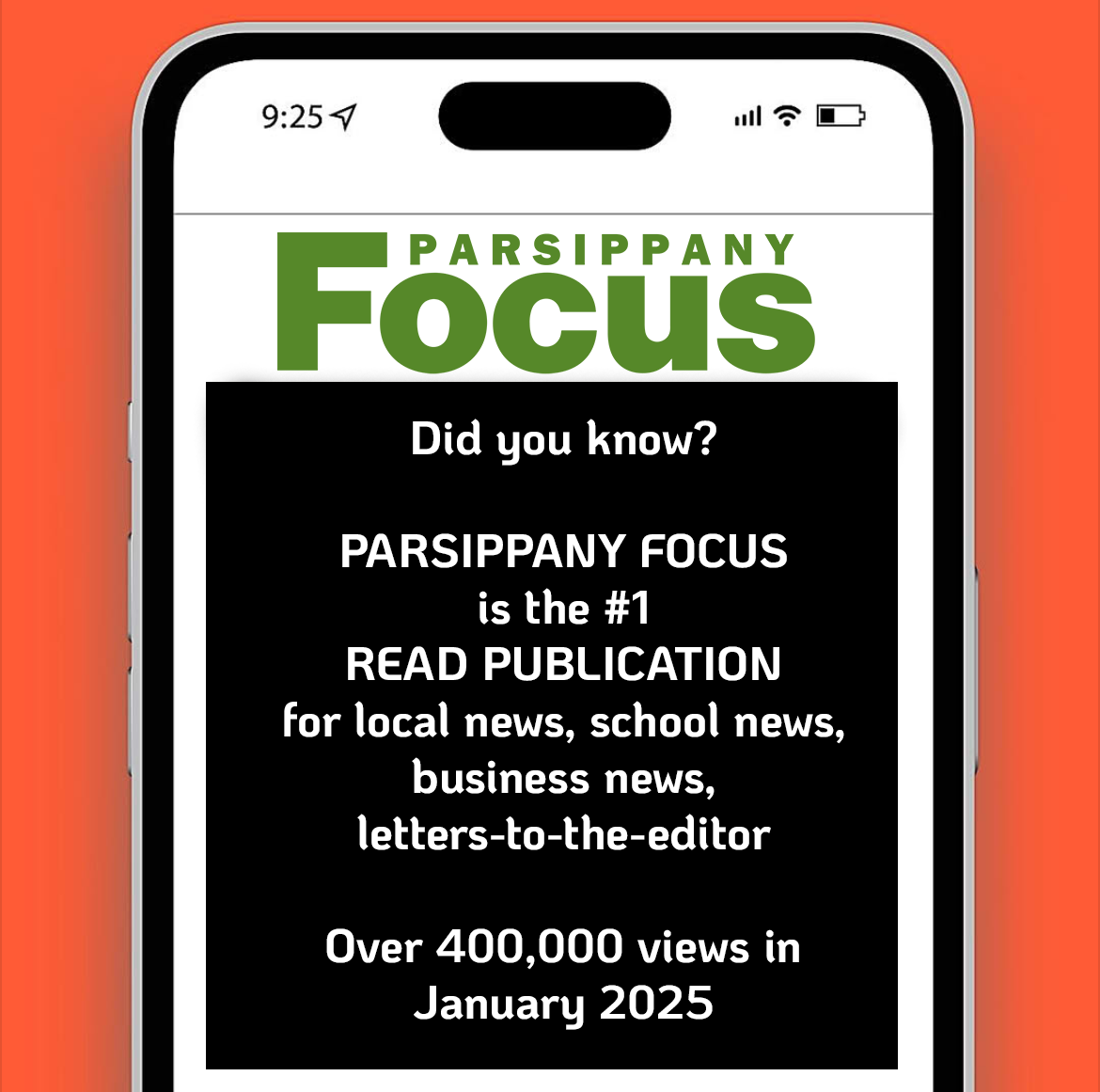PARSIPPANY — Learning abounds at the Parsippany Library System, with so much to offer it can scarcely be contained within the library walls! Frequent visitors to the Parsippany Main Library on Halsey Road have been delighted to monitor its burgeoning Pollinator Garden, literally buzzing with activity this September with native bees, skippers, and Monarch butterfly caterpillars on the garden’s blossoms. Recently, a new feature was added to this environmental model with the installation of a bat nursery box overseeing the garden oasis of native plants.
Today’s library is truly a hub of the community, as a gathering place with events and programs that deliver so much more than just books and DVD loans. The Parsippany Library offers, for example, education on gardening and the seeds for starting a garden at home. For the April 2024 solar eclipse, the library had available viewing glasses, but also a viewing party to experience together as a community.
Under the leadership of Library Director Melissa Kuzma, the PTH Library System has also expanded its opportunities for environmental education and stewardship, with seminars on recycling and training for citizen stream quality assessment, as well as a recent showing of the documentary American River. Several of the library’s initiatives over the last three years have supported New Jersey’s native bat population, with Jeanmarie Embler (Parsippany Library Public Relations, Adult Program, and Meeting Room Coordinator) as a member of the Parsippany Bat Protection Project (PBPP), an initiative of the Parsippany Green Team (PGT).
Bats are one of the most misunderstood yet important species on our planet. They perform an invaluable ecological function by eating up to 3,000 insects per bat per night! This dramatically reduces the need for pesticides and produces an estimated value to the country’s agricultural industry of over $22 billion per year. Unfortunately, numerous bat species may face extinction, due to the deadly White-nose Syndrome fungus which has killed millions of these vulnerable creatures.
The bat nursery box installed this week differs slightly from those previously installed by the PBPP at numerous local parks. This one has been stained a light brown to accommodate summer heat waves, like the one that engulfed New Jersey in June and July. According to Erin McHale of the Rutgers Wildlife Conservation and Management Program, a few new studies have suggested that lighter colors, commonly employed for scorching southern summers, may have benefits in the Northeast as well. Luca Fariello and Anita Austenberg Shotwell of Wildlife Preserves are hoping that the nursery box, (which can hold up to 300 mothers and pups) will be a suitable home for a maternity colony of native New Jersey bats, as well as an educational focus for Parsippany residents who might want to follow the example.
The PBPP has spearheaded several initiatives to enhance habitat within the Township for New Jersey’s native bat populations and to bring community awareness to the importance of bats in the ecosystem. In October of 2021, the PBPP hosted the first of its kind “Batapalooza and Parsippany GreenFair” at the Parsippany Main Library and followed that with an initiative to plant native vegetation and install bat nesting boxes in Parsippany parks. [The PBPP hosts annual educational “bat walks” at Wildlife Preserves’ Troy Meadows in Parsippany, which feature a presentation by experts from Rutgers Wildlife Conservation and Management Program, followed by a walk at dusk to locate and identify bats in real-time.
As fall and winter yield to yet another spring, members of the Parsippany Green Team, along with members of the Parsippany Environmental Advisory Committee who planted and maintain the Pollinator Garden, will keep a close eye on the bat box for signs of activity. Guano, which will accumulate underneath, is not only an indicator of bats in residence but also a perfect fertilizer for the native plants – – harmony in nature, starting right outside the library doors.
For more information on Parsippany’s bat education and habitat enhancement efforts, visit the PBPP at parsippanygreenteam.com/bats
For more information on programs within the Parsippany-Troy Hills Library system, visit parsippanylibrary.org
















